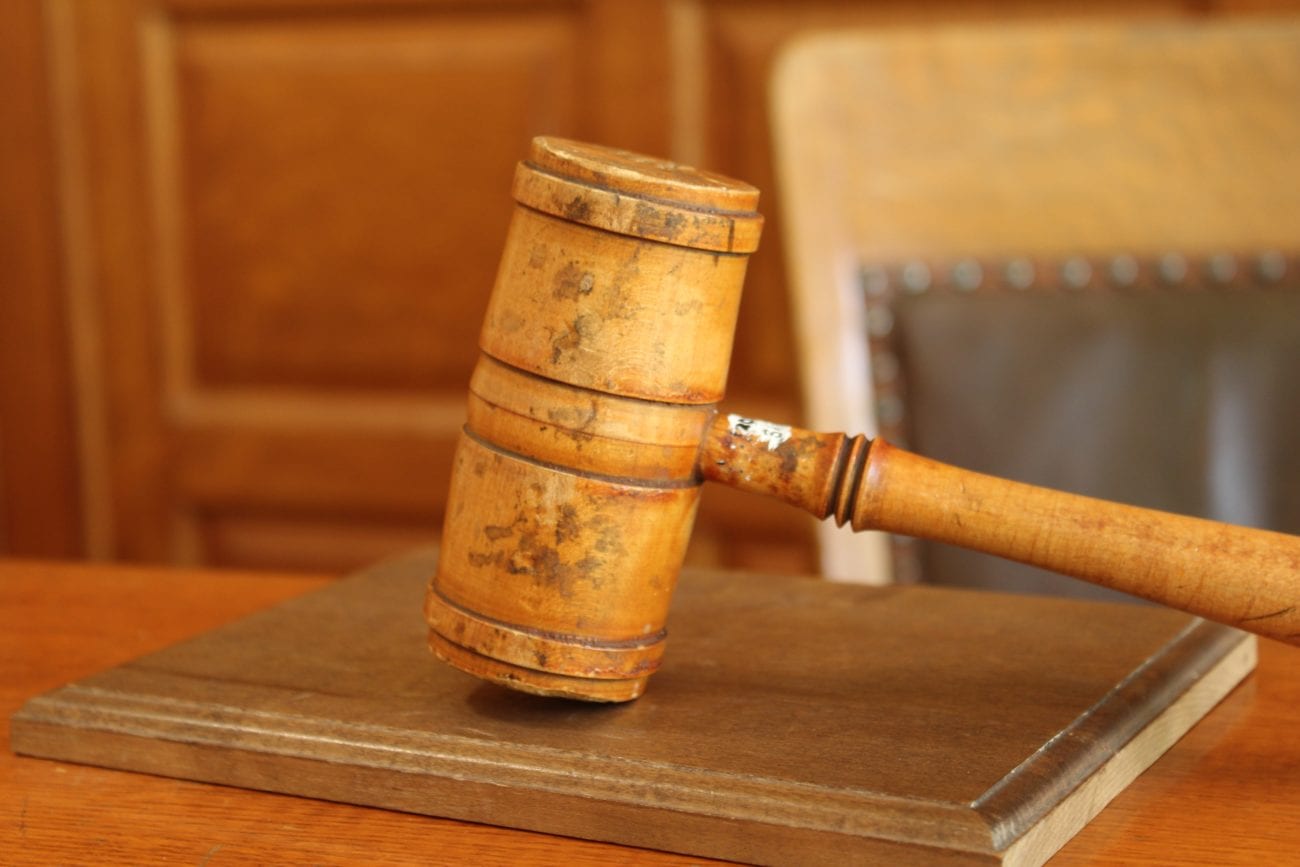Landmark DC Circuit decision reverses Florida sports betting ban

Today, the DC Circuit Court released its ruling on the Florida sports betting case, saying the Seminoles should be permitted to operate mobile sports betting in the state.
This reverses a federal district court ruling that held the 2021 compact with the tribe, effectively granting it a sports betting monopoly in Florida, violated the Indian Gaming Regulatory Act (IGRA).
The suit filed by casino operators West Flagler Associates and Bonita-Fort Myers Corporation forced Hard Rock Digital’s sportsbook offline after just over a month in December 2021.
“The Seminole Tribe of Florida is pleased with today’s unanimous decision,” Seminole spokesman Gary Bitner told iGB.
“It is a positive outcome for the Seminole tribe and the people of Florida and for all of Indian Country. The tribe is fully reviewing the decision to determine its next steps.”
The background: 2021 push for Florida sports betting
The case stretches back to early 2021. That year a compact allowing the tribe to offer mobile and in-person sports betting in the state was approved by governor Ron DeSantis. The compact also covers roulette and craps games at the tribe’s casinos in the state, while betting would be powered from servers on tribal lands.
This agreement allowed the Seminoles to partner parimutuel betting operators, for which they would pay a 13.75% share as well as a 10% contribution from its casino sportsbooks into Florida coffers.
After it was ratified by the legislature and signed into law by DeSantis, the US Department of the Interior “approved” the compact. While the DOI did not explicitly approve or reject the agreement, it took no action within the 45-day window, meaning it automatically came into effect.
The case against the compact
Parimutuel betting operators West Flagler Associates and Bonita-Fort Myers Corporation filed suit in September 2021 arguing the mobile component amounted to an expansion beyond tribal lands. This, the plaintiffs argued, could only be approved through a statewide referendum.
Further, they claimed it amounted to a breach of both the Unlawful Internet Gambling Enforcement Act (UIGEA) and the Wire Act, as the bets in theory being placed from a US jurisdiction where online wagering is prohibited.

The suit claimed Indian Gaming Regulatory Act makes clear that tribal bets must be placed on tribal land. The State of Florida and the Seminole tribe cannot change the boundaries of tribal land or “convert gaming that occurs off tribal land to gaming that occurs on tribal land”, it argued.
This was supported by the judge, Dabney Friedrich, who ruled the compact attempted to “authorise sports betting both on and off Indian lands”.
“In its own words, the compact authorises such betting by patrons who are ‘physically located in the State [of Florida] but not on [the tribe’s] Indian lands’,” Friedrich noted, reinstating the Seminoles’ 2010 compact.
The ruling explained
The Circuit Court judges ultimately rejected the claim that Secretary of the Interior Deb Haaland violated the Administrative Procedure Act (APA) by failing to act on the compact. Instead, she allowed it to pass into law after a 45-day deadline for action passed.
It also rejected that this “approval through inaction” violated the APA for four reasons:
- its authorisation of gaming off of Indian lands was unlawful under IGRA;
- it violated the Wire Act;
- it violated the Unlawful Internet Gambling Enforcement Act (UIGEA);
- it violated the Fifth Amendment’s equal protection guarantee.
Are mobile bets on or off Indian lands?
The first claim was rejected by the court as the compact’s wording allows the Seminole tribe to offer sports betting on its lands. For mobile bets, it “deems” these to have been placed on Indian land and does not authorise online wagering.
“The lawfulness of any other related activity such as the placing of wagers from outside Indian lands, under state law or tribal law, is unaffected by its inclusion as a topic in the compact,” the ruling explains.
However the presiding judge admitted the scope of this judgement was particularly narrow and only ruled that Secretary Haaland did not violate the APA.
“We express no opinion as to whether the Florida statute ratifying the compact is constitutional […].
“That question and any other related questions of state law are outside the scope of the secretary’s review of the compact, are outside the scope of our judicial review and, as a prudential matter are best left for Florida’s courts to decide.”
This effectively means that a successful challenge could ultimately force the Seminoles’ mobile sportsbook back offline.
What about the other claims?
The suit argued that the compact would authorise transactions in violation of the 1961 Wire Act. West Flagler argued online communications are “almost invariably” routed between servers in and out of state.
However, the judges rejected this line of reasoning not least because the compact does not authorise transactions, a fact that “itself forecloses the Wire Act challenge”.
In any case the compact expressly states the Seminoles must act in “strict compliance” with the Wire Act, the judge noted. Further, the argument does not hold up as even wagers placed on Indian lands using West Flagler’s reasoning.
The claim of violating UIGEA was given equally short shrift. The compact itself could not facilitate a violation, the ruling explained, therefore the charge was entirely hypothetical.
Finally, the Fifth Amendment violation was dismissed on the basis that “promoting the economic development of federally recognised tribes” was entirely constitutional.
